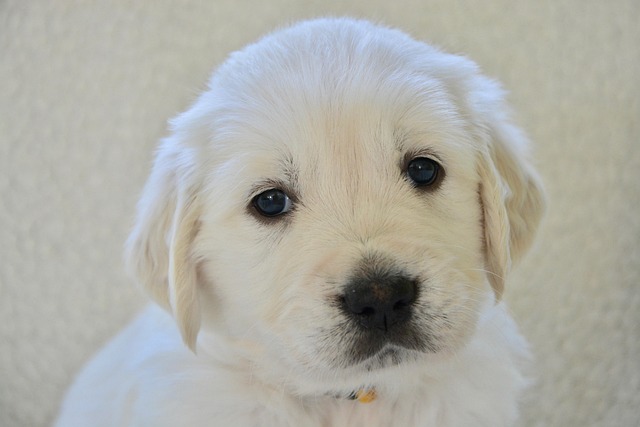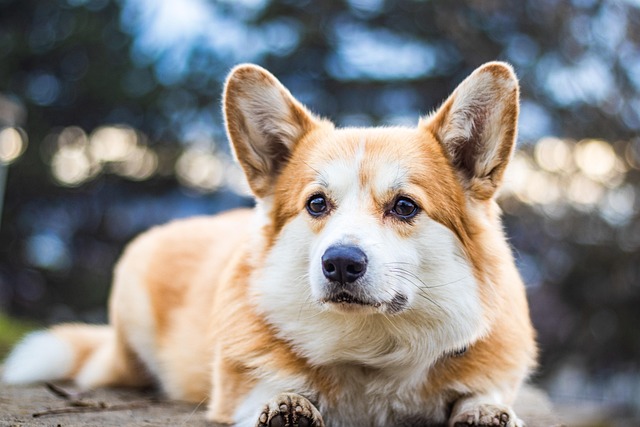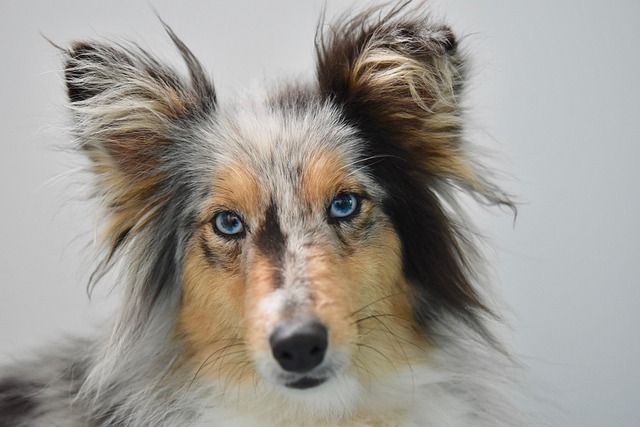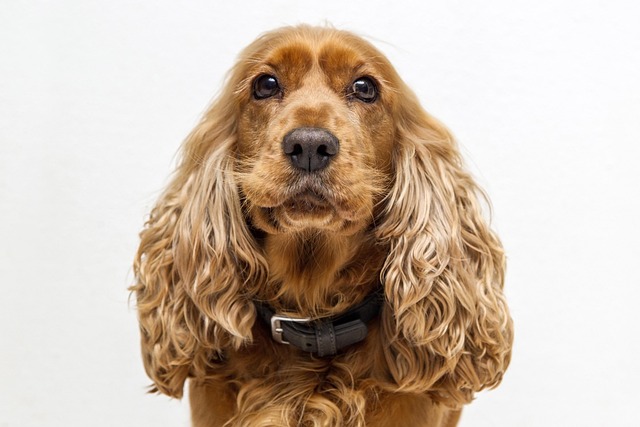Ever found yourself at the park, calling your dog with growing urgency, only to watch them blissfully ignore you—nose to the ground, tail wagging, chasing after some invisible adventure? If you nodded (or winced) just now, you’re far from alone. Dog recall training is one of those tasks that looks straightforward on paper but can unravel fast, especially with a dog that seems… let’s say, determined to do things their own way. Owners often share stories of frustration—the embarrassment, the worry, even the sense of defeat when their dog just won’t come back. But if there’s anything I’ve learned in years of working with dogs and their humans, it’s that “stubborn” is rarely the whole story. Understanding the why behind your dog’s reluctance is the first, and possibly most important, step in transforming recall struggles into recall success.
Let’s get honest about what we’re up against here. Stubbornness in recall training isn’t simply a dog thumbing their nose at authority. It’s often a complex cocktail of canine psychology. Some dogs have a naturally shorter attention span—a butterfly flits by, and your recall command is instantly forgotten. Others are motivated by things we might not even notice: a scent trail, a squirrel, a distant bark. Environmental distractions in American neighborhoods—think busy parks, children playing, joggers, even the whir of an electric scooter—can make recall feel like a losing battle. For some breeds, particularly those bred for independence or hunting (looking at you, beagles and huskies), coming when called just isn’t hardwired. And then there’s fear. Maybe your dog once got punished for coming back too slowly, or they associate “come” with the end of fun. All these factors can make even the most food-motivated pup seem willfully disobedient. The trick is learning to see the world through your dog’s eyes—a skill that takes empathy and a dash of humility.
So, how to teach a stubborn dog recall when it feels like you’re speaking different languages? For starters, forget about shouting “come” across the soccer field and expecting results. Behavioral techniques for dog recall work best when they’re rooted in positive reinforcement. That means every time your dog takes a step toward you—even if it’s just a hesitant glance at first—they get something wonderful: a treat, a favorite toy, praise, or a quick game. Consistency is your best friend here. Use the same word or whistle each time; don’t muddy the waters with a dozen different commands. Start in a low-distraction environment—your living room, maybe—and only gradually work your way up to the local dog park. Another tip I swear by? Become unpredictable in the best way. Sometimes a recall leads to a treat, sometimes it’s a game of tug, sometimes you just run away and let your dog chase you. Make coming to you the most exciting option on the menu. And above all, patience. Real progress comes from celebrating small wins, not expecting overnight miracles. If you feel frustration bubbling up, remember you’re building a relationship, not just teaching a trick.
I’ve seen these strategies take root in some pretty challenging situations. There was the case of Max, a rescue German Shepherd in Ohio, whose owner, Liz, was convinced he’d never come when called outside the house. After a few weeks focusing on short, distraction-free recall games indoors, and introducing high-value treats (Max was partial to chicken, as it turns out), they ventured outdoors. Liz learned to spot when Max was about to get distracted and called him back before he could tune her out. Progress was slow, but real. Or there’s Kevin, a retired teacher in Arizona, whose beagle, Daisy, would vanish into the bushes every time he dropped the leash. For Daisy, the breakthrough came when Kevin started using a long training line and rewarded every successful recall with a quick sniff of a favorite tree, blending reward with her natural instincts. These stories aren’t outliers—American dog owners face unique recall challenges, from urban dog parks to sprawling rural backyards. What unites the success stories is a willingness to adapt, observe, and celebrate incremental progress.
Now, if you’re itching for a step-by-step recall training plan for stubborn dogs, here’s how I’d break it down. Start by observing: what triggers your dog to ignore you? Is it other dogs, food scraps, or just sheer curiosity? Next, choose your recall word and stick to it. In the beginning, practice indoors or in a fenced yard, rewarding every single response—no matter how small. Use a long leash outside, gradually increasing distance and distraction as your dog gets more reliable. If your dog ignores you, resist the urge to scold; instead, reduce the distractions or increase the reward. Mix up your rewards to keep things interesting. And if you hit a wall—maybe your dog regresses or suddenly stops responding—it’s not a failure. It’s just new data. Go back a step, rebuild confidence, and keep sessions short and upbeat. Troubleshooting is part of the journey; what works for a Labrador in Boston might not work for a border collie in Texas. Adapt, experiment, and stay curious about what makes your dog tick.
Honestly, if there’s one thing I hope you take away from all this, it’s that dog recall training isn’t about control—it’s about connection. The more you understand the unique blend of motivations, quirks, and instincts that shape your dog’s choices, the deeper your partnership will grow. Every small win, every joyful sprint back to your side, is proof that trust is building. So, take a breath, embrace the process (messy as it is), and know that with a little empathy and a lot of persistence, even the most stubborn pup can become a recall superstar. And if you ever doubt yourself? Remember—there’s no such thing as a hopeless case, only new opportunities to learn together.





